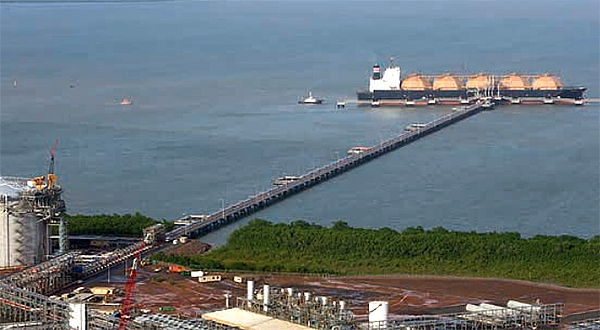In response to the requirements of EU Directive 2014/94/EU for the development of an LNG re-fueling infrastructure for maritime transport in main European ports, the Government of Malta has decided to investigate the potential of LNG as a marine fuel.
For this purpose, the country’s Energy and Water Agency with the support of Transport Malta, has embarked on a study to identify an optimal infrastructure solutions for LNG bunkering for the island.
Earlier this year, EU countries approved the European Commission’s proposal to invest €22.1 million to support seven actions that will help develop sustainable and efficient transport and energy infrastructure. The seven actions include, among others, an assessment of options for building a pipeline that would carry LNG from Italy to Malta for use as a marine fuel.
On this context, the study shall be co-financed by the EU under the Connecting Europe Facility Synergy programme aiming at accelerating investment in the field of trans-European networks in transport and energy and it will also look into possible synergies with Malta’s Gas Connection Project of Common Interest.
The overall objective of the study is to analyse the feasibility of introducing LNG bunkering infrastructure, taking into account the economical and environmental aspect, market demand, geographical properties, risk and safety features and the overall attractiveness of the project. The study will also look into alternatives, basing results on the socio-economic cost-benefit analysis and risk assessments. In addition, the study will aim at filling legislative gaps within the sector and providing necessary training for the implementation and operation of such infrastructure.
The outcome of this study is expected to facilitate the Government’s task in setting up a national policy in this field, with the ultimate aim being to stimulate LNG uptake as a marine fuel and to attract potential investors in this sector.
The first results are expected to be published by the end of 2018.































































